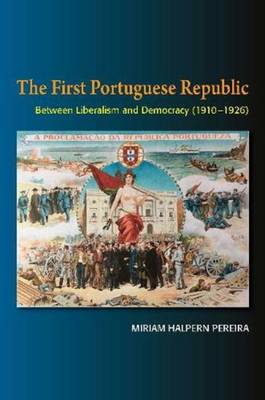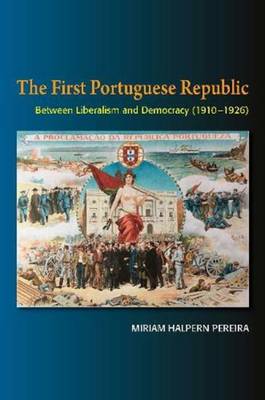
- Retrait gratuit dans votre magasin Club
- 7.000.000 titres dans notre catalogue
- Payer en toute sécurité
- Toujours un magasin près de chez vous
- Retrait gratuit dans votre magasin Club
- 7.000.0000 titres dans notre catalogue
- Payer en toute sécurité
- Toujours un magasin près de chez vous
254,45 €
+ 508 points
Description
The first Portuguese Republic stood between 1910 and 1926. A characteristic of the Republican period was the strong civil participation, particularly by the urban population. Freedom of press and of association became constitutional rights and incentivized a powerful and very diversified associative movement in which trade unions and friendly societies stood out in the political spectrum as they promoted popular education and culture. The time-span studied is characterized by Portugals colonial expansion in Africa, an important factor in Portugals involvement in the Great War. As changes in education, in the concept and structure of family and in the status of women linked with the new politics, so emerged a different relationship between State and Church, new avenues for the development of economic activity, an increased focus on better labour conditions, and emigration to Brazil. Miriam Halpern Pereira provides a clear overview of the Republics many achievements and the internal political and wider international limitations resulting in its downfall. The political, social and cultural causes of the military overthrow of the first Portuguese Republic are analyzed against the backdrop of the concomitant rise of fascist regimes in other European countries in the years preceding the 1929 Depression. The work provides a much needed updated synthesis of the myriad circumstances of the period, and is intended for both the general public and students of modern Europe. In a clear and concise style Between Liberalism and Democracy sheds new light on a controversial epoch of Portuguese history.
Spécifications
Parties prenantes
- Auteur(s) :
- Editeur:
Contenu
- Nombre de pages :
- 224
- Langue:
- Anglais
- Collection :
Caractéristiques
- EAN:
- 9781845199296
- Date de parution :
- 20-02-19
- Format:
- Livre relié
- Format numérique:
- Genaaid
- Dimensions :
- 155 mm x 229 mm
- Poids :
- 430 g

Les avis
Nous publions uniquement les avis qui respectent les conditions requises. Consultez nos conditions pour les avis.






